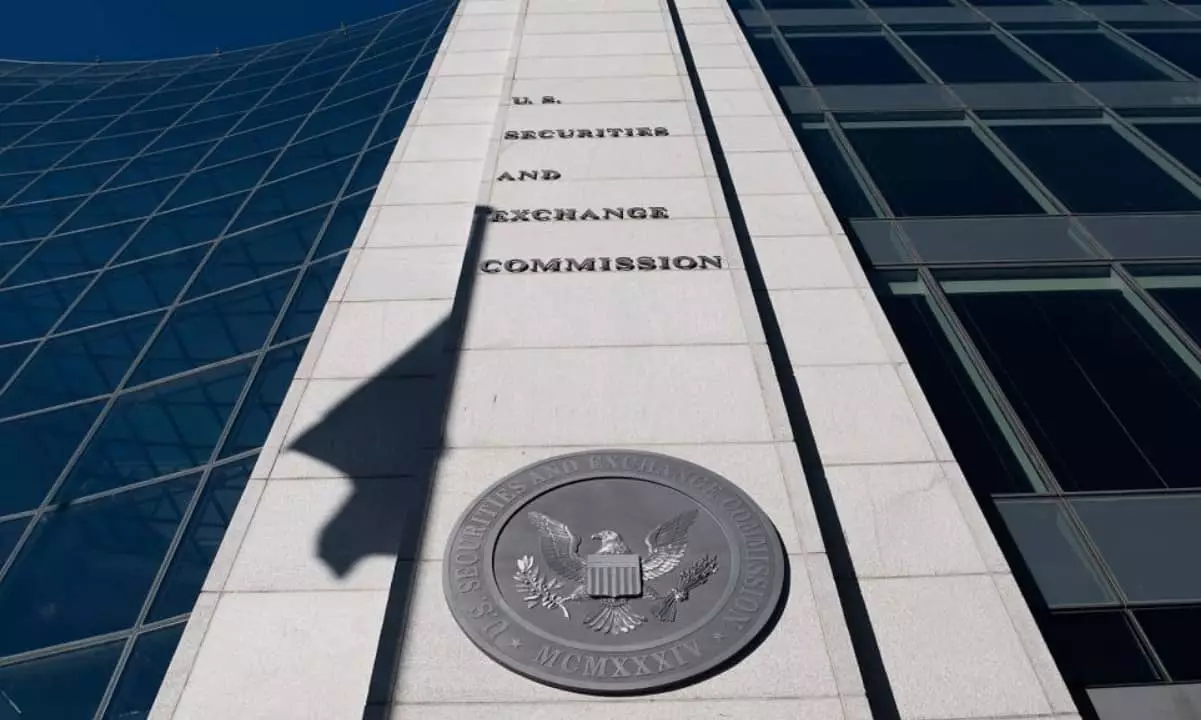The recent ruling by U.S. District Judge Robert Shelby against the Securities and Exchange Commission (SEC) has brought to light serious allegations of misconduct in the legal action taken against Utah-based cryptocurrency firm DEBT Box. The judge slammed the SEC for what he called a “gross abuse of power” and accused the agency of misrepresenting key facts to obtain a temporary restraining order freezing assets on the crypto platform. This case has garnered significant attention due to the defendants’ claims of unethical behavior on the part of the SEC.
Following concerns raised by DEBT Box’s legal team, Judge Shelby demanded that the SEC explain its actions. While the agency admitted to errors, it actively opposed the issuance of formal sanctions. However, Judge Shelby was not swayed by the SEC’s arguments and pointed out multiple instances of what he described as “bad faith” conduct. He made it clear that the agency’s actions had seriously undermined the integrity of the legal proceedings and the judicial process as a whole.
In a strong move, Judge Shelby imposed sanctions on the SEC, requiring the agency to cover DEBT Box’s attorneys’ fees and costs related to the restraining order. Additionally, the judge rejected the SEC’s plea to dismiss the lawsuit without prejudice, effectively preventing the agency from refiling the case at a later time. This decision holds the SEC accountable for its actions and sends a clear message that misconduct will not be tolerated in the legal system.
Background of the DEBT Box Case and SEC’s Actions
DEBT Box found itself in legal trouble when the SEC accused the firm of defrauding investors of nearly $50 million through the sale of unregistered securities. The SEC’s move to obtain a temporary restraining order was based on claims that DEBT Box was planning to flee the country, leading to asset freezing. However, Judge Shelby later questioned the accuracy of the information provided by the SEC, prompting the need for further evidence. Despite admitting to errors in its handling of the case, the SEC attempted to avoid sanctions by denying any malicious intent.
Judge Shelby’s ruling was particularly scathing in his criticism of the SEC’s reliance on its federal agency status to justify its actions. He expressed concerns about the disruption caused to individuals’ lives by the initial restraining order and pointed out that the SEC had not only repeated factual inaccuracies but also introduced new falsehoods in subsequent court representations. The judge concluded that the SEC’s legal team had deliberately chosen to present false information in an attempt to secure the restraining order and asset freeze.
The recent developments in the legal battle between DEBT Box and the SEC have shed light on the misconduct allegations and raised questions about the agency’s ethical standards. Judge Shelby’s decision to impose sanctions on the SEC serves as a stark reminder that accountability and integrity are paramount in the legal system. It remains to be seen how the SEC will address these issues moving forward and whether it will take steps to restore public trust in its regulatory functions.

